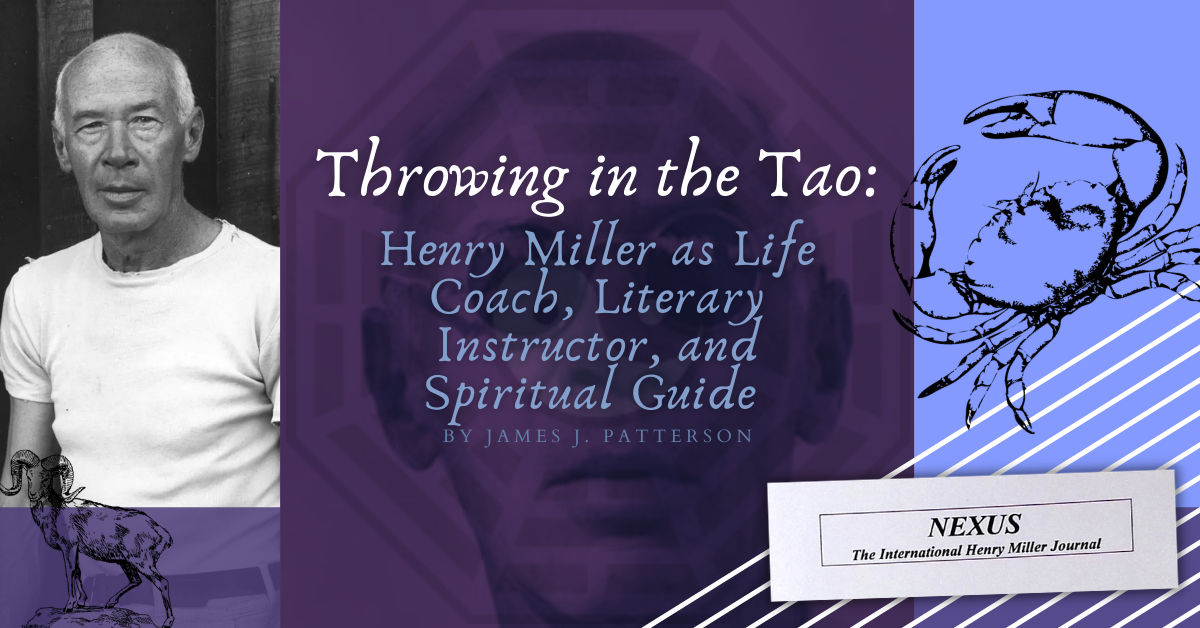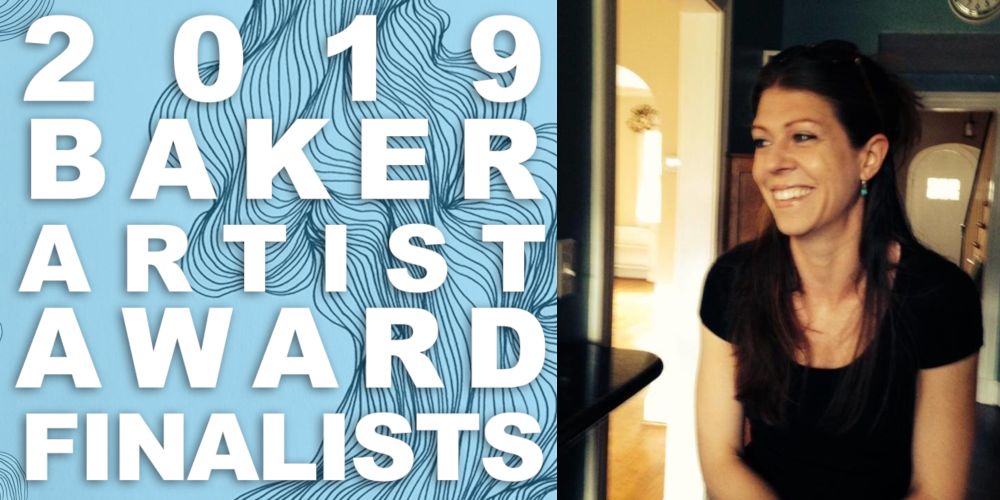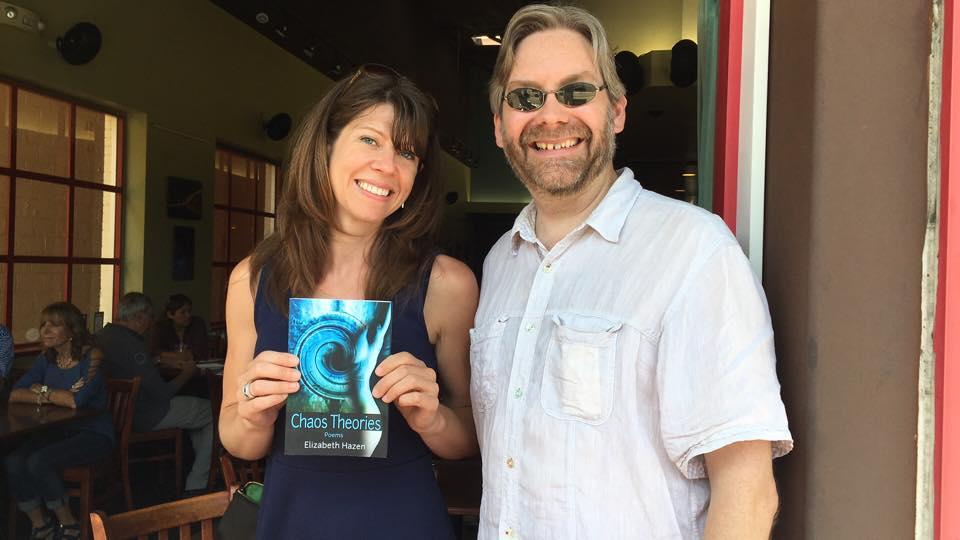Throwing in the Tao; James J. Patterson's New Essay Appears in Henry Miller Journal
The full title of James J. Patterson's new essay which appears in Nexus: The International Henry Miller Journal is "Throwing in the Tao: Henry Miller as Life Coach, Literary Instructor, and Spiritual Guide"

With a new edition of Nexus: the International Henry Miller Journal comes a whole new discourse on the oft-ignored American master. James J. Patterson's unique perspective on Miller appears as "Throwing in the Tao..." an essay concerning the correspondence between writer Lawrence Durrell and his mentor, Henry Miller. An excerpt follows below. Catch it in the new edition of Nexus. And check out another essay by James J. Patterson published in The Bulletin "Hermes at the Kakistocracy Hotel."
In these early letters to Miller, Lawrence Durrell lamented his frustration with the “racket” called publishing. Miller took an instant liking to the ex-patriot Englishman, and wrote back from the Villa Seurat, in Paris. It was the summer of 1936, but it could have just as easily been the winter of 1988, or today, for that matter, and his letter could have just as easily been addressed to two writing, working, musicians, slugging their way through the blizzards of bullshit that are the American recording and arts industry in general.
After some brief commiserations, Miller got down to business:
“Listen Durrell, don’t despair yet. If you have the guts for it the thing to do is to go to the bitter end, in your writing I mean. If you can possibly hold out, and I imagine you can, write only what you please. There is nothing else to do, unless you want to become famous. They will shit on you anyway, so have your say first. I’m not recommending obscenity necessarily. Each man has his own way of being himself and of saying it so ultimately that he can’t be denied. Compromise is futile and unsatisfactory.”
As Hunter S. Thompson might say, here comes the wisdom, the kicker, the template and business plan on which I depended upon for the rest of my professional life.
“You will always have a hundred readers and, if they have taste and discernment, what more can you ask? Even when you elect to be absolutely honest it is difficult. Expression seems such a natural, God-given thing – and yet it’s not either. It’s a life-long struggle to find yourself. Think of Cezanne, Van Gogh, Gauguin, Lawrence. Think of Dostoevsky – or Titian, if you will. Think of the autobiographical documents: they teach you more than anything… (The Durrell-Miller Letters, Paris, August, 1936, pg., 16,17).
This piece of writing hit us both like a nourishing warm breeze. Soothing, reassuring, liberating. From that moment on, we catered to our tastes, and ours alone - in our songwriting and compositions, our approach to our audience, as well as business people, and in defining who we were and what we were about.
“You will always have a hundred readers, and if they have taste and discernment…” they can go out and get you another hundred we reasoned, and they can get you another two hundred, and on and on. There it was, the blessedness of networking. And weren’t Miller and his friend Alfred Perles doing just that? Clearly, they had gotten the young Durrell to sign up for subscriptions to their projects, like writers did in Balzac’s day. The multiplication was working. And if it could work for them it could work for us!
Fiddlin’ Around in Ireland
Nothing buoys the spirits like a walk along Grafton Street. Gray day or sunny, it’s bright with noise and laughter. Loud “hellos,” babies crying, neighborly gossip, rich brogues and lilting Irish airs float up onto the breeze. Our chosen course allowed for a stroll through St. Stephen’s Green. Sunlight dappled the leafy brakes. Inspired by the moment, Lawrence liberated his fiddle and sawed out a hornpipe. He was joined in his performance by a pair of amorous ducks.
On Grafton street we were immediately surrounded by music. A couple of 9 and 10-year-old boys, Donald Reagon and Paul O’Neill, were delighting passersby with smooth moves on the fiddle and concertina. College students with shaved heads played sitars. Old men played jazz. A guitarist somewhere was plucking out George Harrison tunes and singing, “Here comes the sun, little darlin’ here comes the sun.”
On that musical street there was only one poet—a threadbare character who, for a pound or a punt (Irish pound) or nothing at all, would recite a poem by a poet of one’s choosing. I selected Yeats and was honored with “The Fiddler of Dooney”:
“When I play on my fiddle in Dooney, Folk dance like a wave of the sea . . .”
An Interview with Elizabeth Hazen, Baltimore Poet and Baker Award Finalist
Baltimore poet, Elizabeth Hazen’s first collection of poems is entitled Chaos Theories. Last week the young poet was announced as a finalists for the prestigious Baker Artist Award in literature. We sat down to talk with her about her experience in Baltimore as an artist and what programs like The Baker Awards mean to artists.
Elizabeth Hazen Announced as a Finalist for the 2019 Baker Award
This year, ASP’s own Elizabeth Hazen, author of the poetry collection Chaos Theories, is a finalist for the $10,000 literary honor. Hazen is a Baltimore resident and ardent supporter of the city’s burgeoning arts scene (named by Thrillist and Departures magazines as one of the best arts cities in America). She received her MFA from Johns Hopkins University and currently teaches English at the Calvert School in Baltimore.

